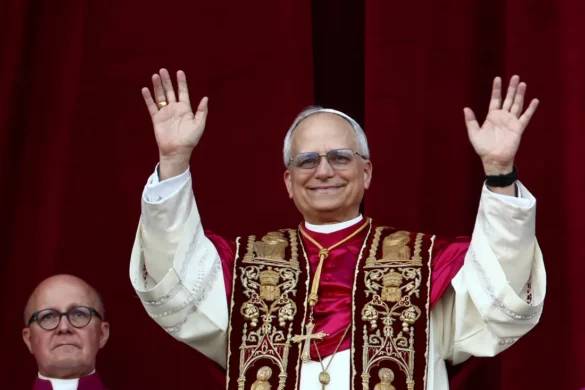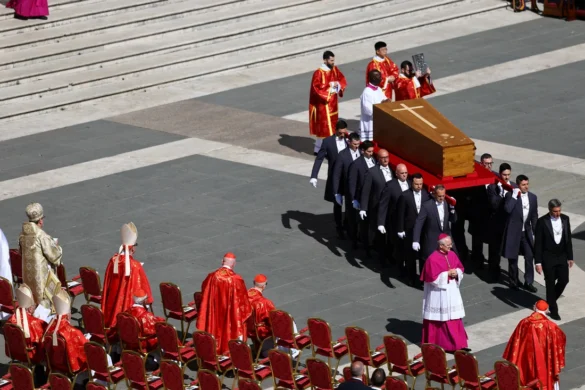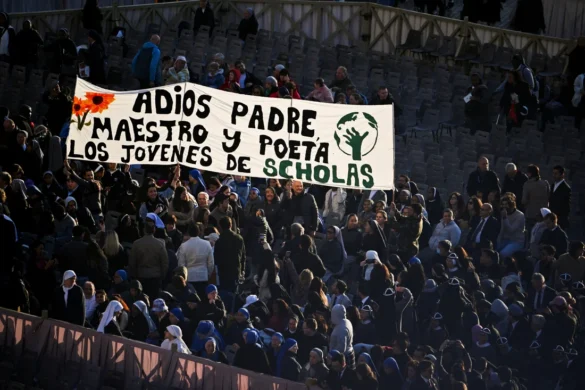The first month of 2017 will be vital for the Cyprus peace talks with negotiations set to resume in Geneva following a failure last month, Turkish Cypriot President Mustafa Akıncı has said.
“The month of January is extremely vital for the future of Cyprus, the Turkish Cypriot nation and especially for the future of Cyprus’ young generations,” Akıncı said Dec. 6 after a meeting with European Parliament President Martin Schulz in Brussels.
“I believe that we, with the Turkish Cypriots’ political structure, will exert the effort to bring this 50-year-old problem to a happy ending, in cooperation with Turkey and in close consultation and dialogue, just like we have done up until today,” he said.
The United Nations said on Dec. 2 that Akıncı and his Greek Cypriot counterpart, Nicos Anastasiades, agreed on Dec. 1 to immediately resume reunification talks set to start on Jan. 12, 2017, with the five-party summit that Turkish Cyprus has long been waiting for.
According to the U.N. statement, teams of negotiators from both sides will accelerate meetings in Cyprus ahead of a meeting between the two sides in Geneva on Jan. 9, 2017, to reach a comprehensive settlement as soon as possible.
On Jan. 11, 2017, the two sides are expected to present their respective maps, which will be followed a day later with the quintet conference in Geneva, with the added participation of the guarantor powers, Turkey, Greece and the United Kingdom.
Akıncı said he told Schulz that equality, freedom and security were indispensable for a solution that Turkish Cypriots would agree on, and that they did not want these values only for the sake of his own community, but also for the benefit of the Greek Cypriot community.
Akıncı stressed that the Greek Cypriots also needed to show some empathy with the Turkish Cypriots and share similar feelings and thoughts with them.
“[We hope] that they [Greek Cypriots], but first and foremost Anastasiades, will show the same approach and that we, all together, will attain a happy result that everyone can say ‘yes’ to with tranquility in referendums,” Akıncı said in reference to referendums to be held in both communities of the island in the event of any peace deal between the leaders.
The latest referendum over the island’s future was approved by Turkish Cypriots but rejected by Greek Cypriots in 2004 following a peace plan known as the Annan Plan. Greek Cyprus joined the EU in the same year.
Stating that there were topics where the EU “should do its part” in the peace process, Akıncı said one of these was an accelerated process for Turkish Cypriot institutions to prepare to enter the European Union.
If a peace deal in Cyprus enters into force, Turkish Cyprus will also enter the EU.
Akıncı said the EU also needed to provide significant financial support for the peace process to be recognized.
He said European Commission head Jean-Claude Juncker had told him previously that “We [the EU] will not vanish when you will be in need,” which Akıncı said he would recall Juncker’s words during a bilateral meeting set to be held on Dec. 7 in Brussels.
Akıncı’s meeting with Schulz followed a meeting with EU foreign policy chief Federica Mogherini.




